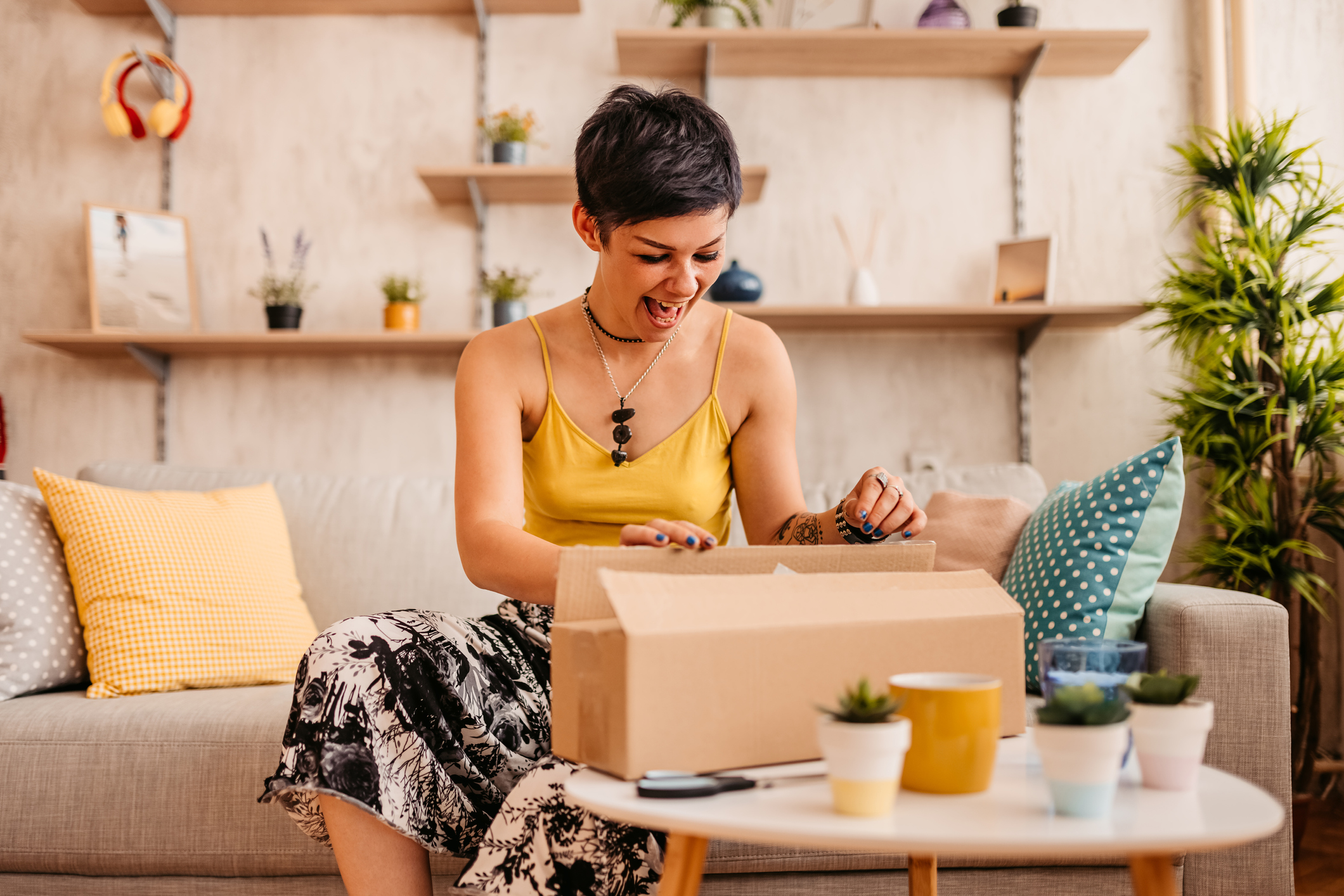If you often find yourself bewildered when looking at your bank balance, wondering where your money went, you’re not alone. Many of us find it impossible to resist impulse buys, especially with online shopping making it so easy. But too many late-night shopping sessions can lead to feeling overwhelmed and financially insecure. So how can you control it?
Understand your triggers
The first thing to do to control your frivolous spending is to figure out when you’re most likely to spend without thinking. Are you more likely to splurge after a stressful day at work? Do you find yourself browsing online when you’re bored?
Once you recognise your triggers, you can develop strategies to cope with them in a healthier way. For example, if stress sends you straight to the shops, try talking a walk or catching up with a friend instead.
Track your spending
Most people have moments when they spend without thinking, especially if what they’re buying is small or doesn’t cost much. But it all adds up, so be sure to keep track of what you’re spending – either by using a budgeting app, keeping a close eye on your mobile banking, or using a simple pen and paper.
Keeping track of your habits can reveal spending trends and can highlight areas where you can cut back. Being informed and seeing the numbers can be a powerful motivator for change.
Do you need it?
Get into the habit of asking yourself if you really need what you’re thinking of buying. Do you need it, or do you just want it? We’re not suggesting that you should stop spending completely, as there’ll always be things you need to buy, but the aim is to cut back on things that aren’t necessary.
Think:
- Will I still want this a week or month from now?
- Can I afford it?
- Can it wait until payday/until I’ve saved up enough money?
Sometimes a little distance is all we need to avoid impulse buys. Tell yourself you’ll put the purchase off for a week and reassess how you feel then.
Bring your own
Buying coffees and little treats from coffee shops when out and about is a huge source of spending for a lot of people, and we can see why: it’s nice to take some time out of your day with a coffee. But with the price of a latte from a high street coffee shop often reaching over £4, that’s a lot of extra spending if you’re going a few times a week.
Buy a cheap reusable coffee cup and make your own coffee to take out with you. If the weather’s nice, sitting in a park with your coffee and a good book is just as restorative as getting your favourite seat in a coffee shop.
Reward yourself…occasionally
Set some financial goals to help keep your mind on your finances – whether it’s saving for a holiday, a DIY project, or paying off debt, a clear goal can make you focus on your spending.
Think of milestones you can celebrate – e.g. when you’ve saved £200, or when you’ve paid off 25% of a credit card and reward yourself for your hard work. You don’t want to go nuts and go on a spending spree as a reward, but something small like a fancy bath bomb for a long soak in the bath, or a book you’ve had your eye on for a while will go a long way.
